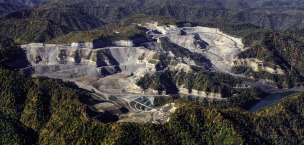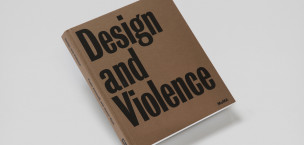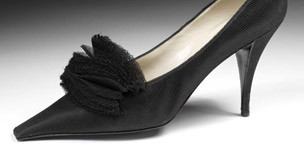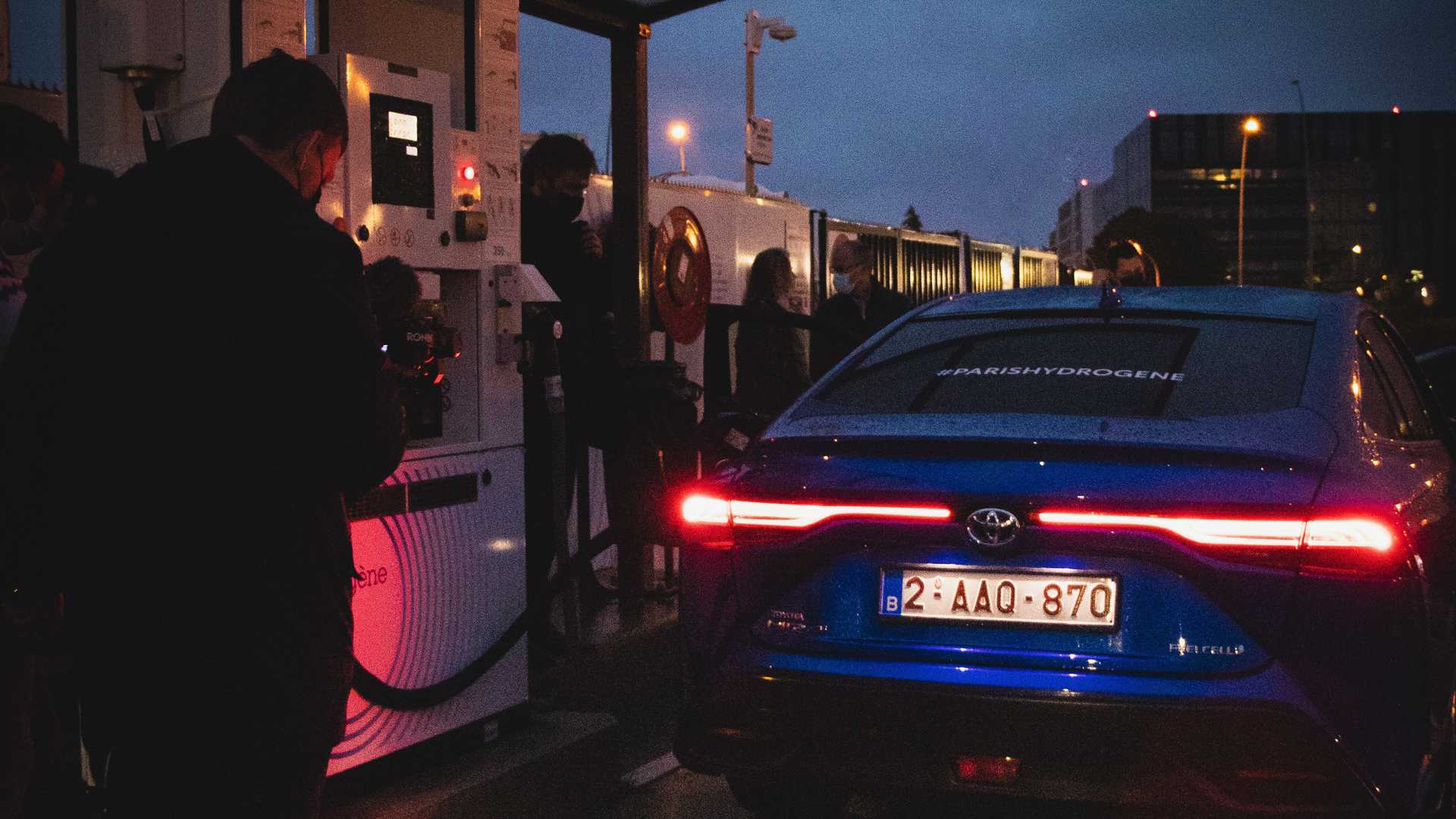MISKATONIC U.
BABY CTHULHU IN SPACE
SpaceX launches solar arrays, baby squid to International Space StationIt’s the 22nd cargo resupply mission SpaceX has launched to the ISS
.
By Joseph Guzman | June 3, 2021| THE HILL
By Joseph Guzman | June 3, 2021| THE HILL

Story at a glance
The Dragon cargo capsule launched from Kennedy Space Center in Florida on a new Falcon 9 rocket Thursday afternoon and is set to dock at the space station on Saturday.
The capsule is carrying the first of three pairs of high-tech solar panels to provide more power to the space station.
Also aboard the cargo ship are thousands of tardigrades, also known as water bears, and 128 baby glow-in-the-dark bobtail squid to be used in experiments on the space station.
SpaceX successfully launched a 7,300-pound shipment of supplies to the International Space Station that includes science experiments, new solar arrays and other cargo.
The Dragon cargo capsule launched from Kennedy Space Center in Florida on a new Falcon 9 rocket Thursday afternoon and is set to dock at the space station on Saturday.
America is changing faster than ever! Add Changing America to your Facebook or Twitter feed to stay on top of the news.
The first stage of the reusable rocket landed on an offshore platform several minutes after launching and will be used for a NASA astronaut flight later this year.
It’s the 22nd cargo resupply mission SpaceX has launched to the space station for NASA.
The capsule is carrying the first of three pairs of high-tech solar panels to provide more power to the space station. Two spacewalks will occur later this month to install the roll-out solar panels.
Also aboard the cargo ship are thousands of tiny tardigrades, also known as water bears, and 128 baby glow-in-the-dark bobtail squid to be used in experiments on the space station.
Tardigrades are capable of tolerating extreme environments on Earth. Researchers are aiming to identify the genes behind the animal’s adaptability which could help scientists better understand the stress factors that affect humans in space.
The baby bobtail squid will be used as part of research into the effects of spaceflight on interactions between microbes and animals.
“Beneficial microbes play a significant role in the normal development of animal tissues and in maintaining human health, but gravity’s role in shaping these interactions is not well understood,” NASA said.
“This experiment could support the development of measures to preserve astronaut health and identify the ways to protect and enhance these relationships for applications on Earth,” the space agency said.





















